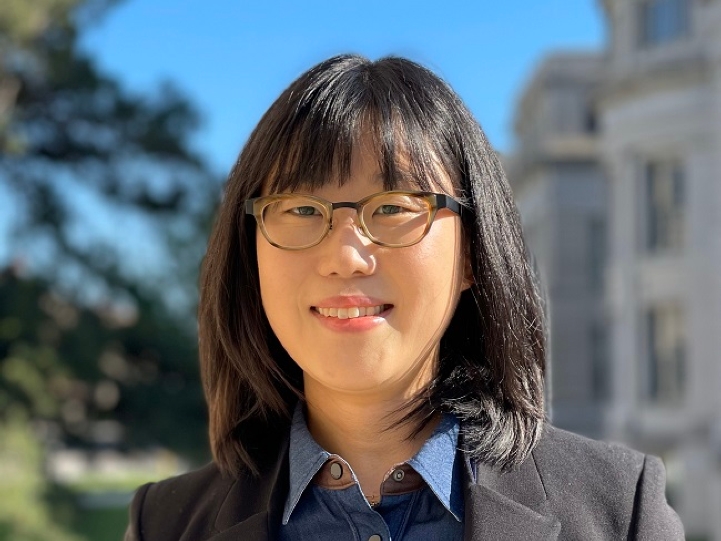
What Is One Alternative Way to Measure and Conceptualize Spirituality? Critical Conversations #33
Student Success Equity, Inclusion and Social Justice Civic Learning and Democratic Engagement Equity, Inclusion, and Social Justice Division Spirituality and Religion in Higher Education Faculty
May 20, 2023
JCC Connexions, Vol. 9, No. 2, May 2023
In A Scale of Authenticity as a Secular Measurement of Spirituality (Journal of College & Character, vol. 24, no. 2, May 2023), Nayoung Jang, KC Culver, and Nicholas A. Bowman propose a scale to measure the closely related concept of students' authenticity, grounded in Dalton's insitutional principles and practices strengthening moral and spiritual growth in college.
Jang et. al respond to questions posed by JCC co-editors relating to their research:
- Why do you think it is important to measure authenticity as a way to study spirituality?
The values discussed by higher education scholars, such as meaning, purpose, wholeness, and connectedness to oneself and others, are important for college students to cultivate. Doing so can enable them to become authentic individuals and responsible, happy citizens after graduation. These concepts are universal and not restricted to people of certain religious beliefs. However, the mention of spirituality often generates unease among those in higher education due to the prevalent conflation of spirituality with religiosity. Although educators readily accept the components of spirituality, the term itself is often equated with religion, a concept that is not universally shared in higher education. To facilitate more comfortable discussions of the values of holistic and inner student development, we thought it was important to recommend alternative ways of expressing those values without religious connotation. One such alternative is the concept of authenticity (Chickering et al., 2006), which provides a secular framework that encompasses many of the same dimensions of spirituality identified by other scholars.
- Why did you choose Dalton's (2006) principles and practices for strengthening moral and spiritual growth in college as a theoretical framework?
The inventory comprises comprehensive practices that facilitate conversations and reflections on authenticity. Additionally, the inventory places an emphasis on the role of institutional agents in modeling authenticity through their actions and words. These features of the inventory enable the translation of such practices into student-level processes and outcomes that facilitate the cultivation of authenticity.
- What are significant implications for higher education practice of the results of your study?
We offer an authenticity scale that measures various dimensions of spirituality, while framing it with language that is not explicitly religious. Therefore, most importantly, we hope that this scale can assist student affairs professionals and faculty in having more comfortable discussions on students’ inner lives, which are more inclusive of students with a wide range of religious beliefs, including those who do not have religious beliefs. The authenticity scale also provides a more concrete understanding of students’ spirituality and will help educators identify specific aspects of students’ spiritual development that may require additional support.
- How would you answer to critics that your choice of authenticity as a means to study spirituality might be too broad or too secular and thus has little content or substance?
Spirituality is an elusive, subjective, and abstract concept that can be defined in many different ways by different people. For those individuals whose spirituality is intertwined with their religiosity, the approach we took to shift spirituality into a secular frame may not fully capture their authentic selves, and we believe that people who want to take a more religious perspective should use scales that were intended to do so. We want to emphasize that our aim was to find an alternative way to measure and conceptualize spirituality, as we believe that student affairs educators’ and instructors’ reluctance to engage in students’ spiritual development stems from the terminology used to describe their inner lives. This authenticity scale is just one of the many possible ways. Therefore, we suggest that other researchers broaden the usage of theoretical frameworks to study the spirituality of college students, leading to more comprehensive and inclusive ways of conceptualizing and measuring spirituality.
References
Chickering, A. W., Dalton, J. C., & Stamm, L. (2006). Encouraging authenticity and spirituality in higher education. Jossey-Bass.
Dalton, J. (2006). Principles and practices for strengthening moral and spiritual growth in college. In A. Chickering, J. Dalton, & L. Stamm (Eds.), Encouraging authenticity and spirituality in higher education (pp. 145-164). Jossey-Bass.